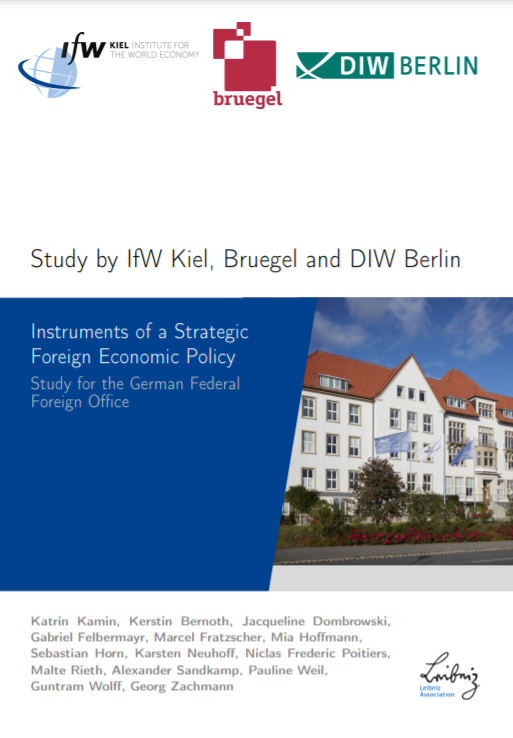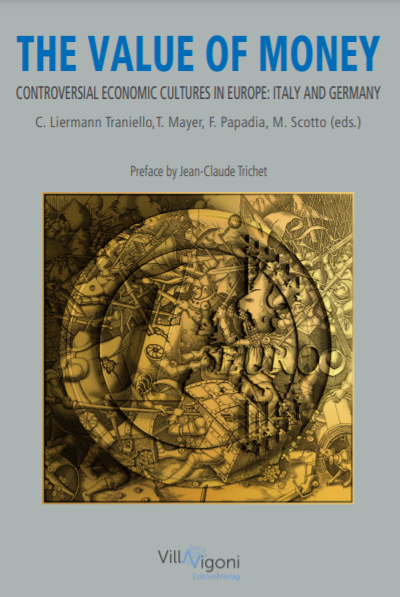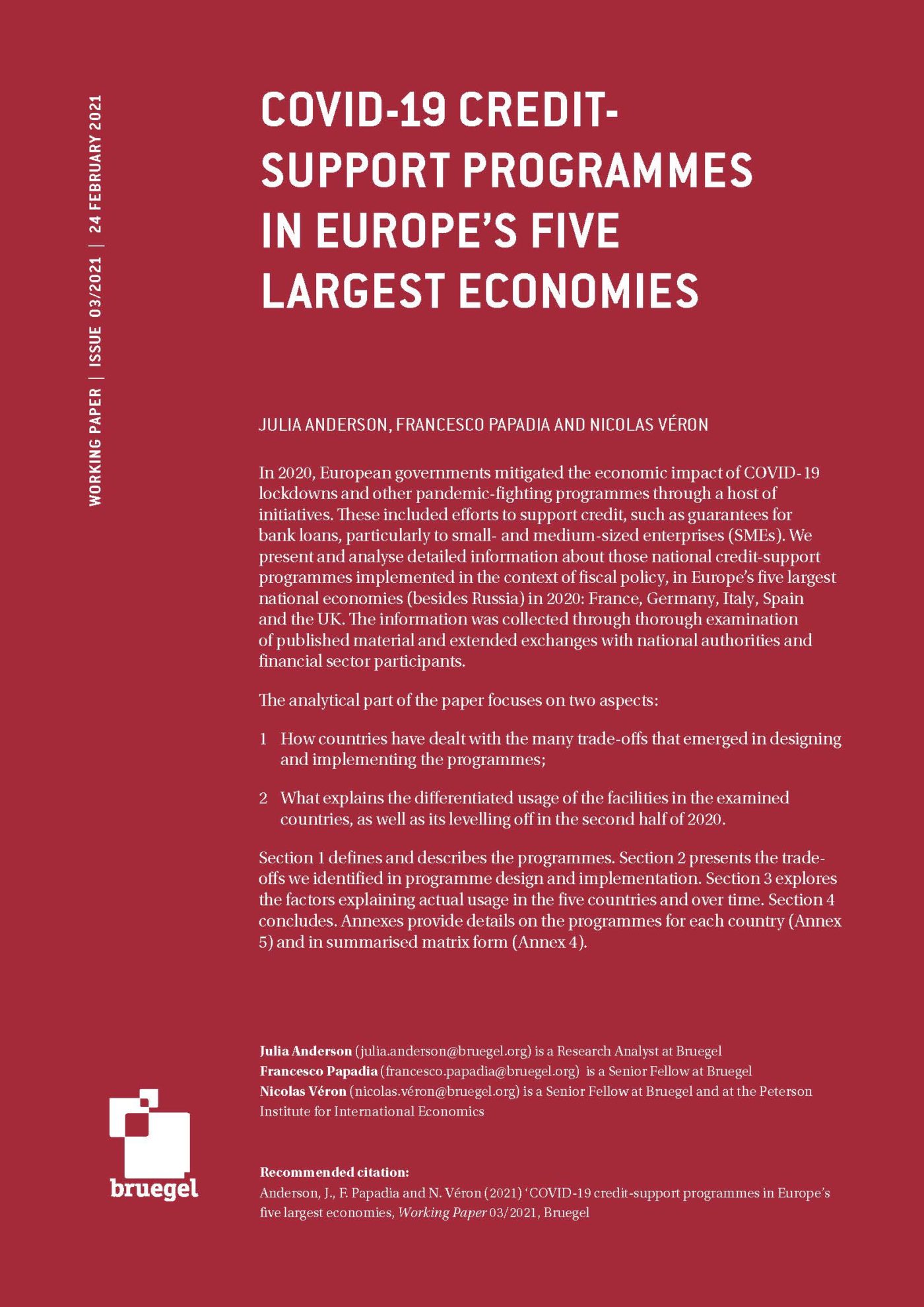Opinion
Eastern Germany’s New Growth Engine
Eastern Germany has suffered from three decades of deindustrialization since the collapse of communism, largely because of poor policy decisions. But by becoming an electric-vehicle powerhouse, the region can help to drive Europe's green transition and secure its own future prosperity.
This opinion piece was originally published in Project Syndicate.
MUNICH – This week, Germany celebrates the 30th anniversary of its reunification. After years of frustration and gloom, the long-depressed east of the country – the former German Democratic Republic (DDR) – is finally experiencing fresh hope owing, to large new investments in electric-vehicle (EV) manufacturing.
Eastern Germany is fast becoming the European center of future electric mobility. Volkswagen is producing its ID.3 electric car in Zwickau and Dresden. BMW already manufactures its i3 electric car in Leipzig, while the Chinese firm CATL will produce EV battery cells for BMW at a factory near Erfurt in Thuringia. Another Chinese company, Farasis Energy, will make EV battery cells for Mercedes-Benz in the state of Saxony-Anhalt. In addition, Tesla last year announced plans to manufacture electric cars and batteries at a new “gigafactory” in Brandenburg, close to Berlin.
Why are all these firms coming to eastern Germany – and why now? The region’s high wages, especially relative to those in Eastern Europe, had long made it an unattractive investment location. But two recent policy announcements have changed the dynamic.
First, in February 2019, German Economy Minister Peter Altmaier unveiled his “National Industrial Strategy 2030,” which, among other things, calls for establishing battery-cell production in Germany and elsewhere in Europe. His announcement followed the European Commission’s 2017 launch of the European Battery Alliance, which aims to create a competitive European battery sector. Later in 2019, the Commission introduced Battery 2030+, a long-term initiative bringing together research institutions, industry, and public funding institutions.
These commitments from the European Union and the German government triggered a state-led process of agglomeration. EV producers now have an incentive to move to Germany and other European countries in order to be near other EV manufacturers and production sites for key battery inputs.
Second, the European Green Deal introduced by European Commission President Ursula von der Leyen aims to support regions in phasing out coal, including by providing subsidies to mitigate the economic impact. Germany has some of the world’s largest coal deposits, two-thirds of which are located in the eastern states of Saxony and Brandenburg. EU funding under the Green Deal is enabling eastern German states to offer large subsidies to attract EV producers to the region.
The German government’s commitment to electric cars, along with the EU’s financial transfers, have given eastern Germany a new opportunity to reindustrialize, and thus generate prosperity and pride. More firms will move to eastern Germany as car companies localize their supply chains. Domestically produced EVs will become cheaper as competition among manufacturers increases and battery cells no longer need to be imported from Asia. Finally, increased local demand for labor will boost incomes.
This is a major development. Eastern Germany has suffered from three decades of deindustrialization since the collapse of communism, largely because of poor policy decisions. Prior to the October 1990 reunification, the West German government decided to liberalize trade with the DDR overnight, and the East German Ostmark was converted into Deutsche Marks at a rate of 1:1. The currency reform caused eastern German wages to rise to 70% of western German levels, even though productivity in the east was only 30% of that in the west. As a result, East Germany’s manufacturing sector immediately went bankrupt.
The Treuhandanstalt, a new institution established by the DDR government, privatized and sold eastern German firms and assets to western companies, often at a symbolic price of one DM, in exchange for job guarantees. This huge subsidy gave western firms an incentive to move to the east, even though the region had lost its comparative low-wage advantage. The tense political atmosphere of those days is well captured in the excellent Netflix series A Perfect Crime, which documents the 1991 assassination of Detlev Rohwedder, the Treuhandanstalt’s first president.
The German government subsequently erred in dissolving the Treuhandanstalt after it had sold almost all eastern German firms to western investors. Without the agency’s subsidies, investment in eastern Germany dried up, and the region’s convergence toward western German per capita income levels stalled.
Germany’s bumpy reunification process was shaped by two false narratives. The first was that the Treuhandanstalt was selling out eastern Germany by giving away valuable assets to western firms. But these giveaways were necessary subsidies to induce firms to come to a region that had lost its cost advantage following the currency reform.
The second damaging narrative was that eastern Germany had nothing to sell to the world and a low-value manufacturing sector. But the region had nothing to sell because the currency reform robbed it of the cost advantage that countries at a similar level of development usually enjoy. This narrative had a harmful effect on eastern Germans’ psyche, because people suddenly felt they were worth nothing in a market economy. Their self-esteem was probably higher under communism, because East Germany was regarded as a manufacturing pioneer in the Soviet bloc and exported successfully to other Eastern European countries.
In 1990, then-German Chancellor Helmut Kohl predicted “flourishing landscapes” in the east of the country. Many have long regarded his vision as too optimistic, and it still has not materialized. But by becoming an EV powerhouse, eastern Germany can help to drive the green transition and prove Kohl right.
Republishing and referencing
Bruegel considers itself a public good and takes no institutional standpoint.
Due to copyright agreements we ask that you kindly email request to republish opinions that have appeared in print to [email protected].













